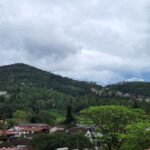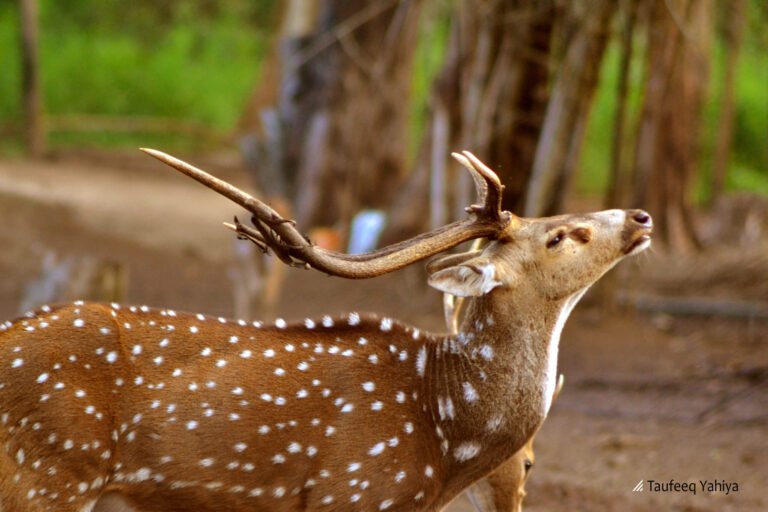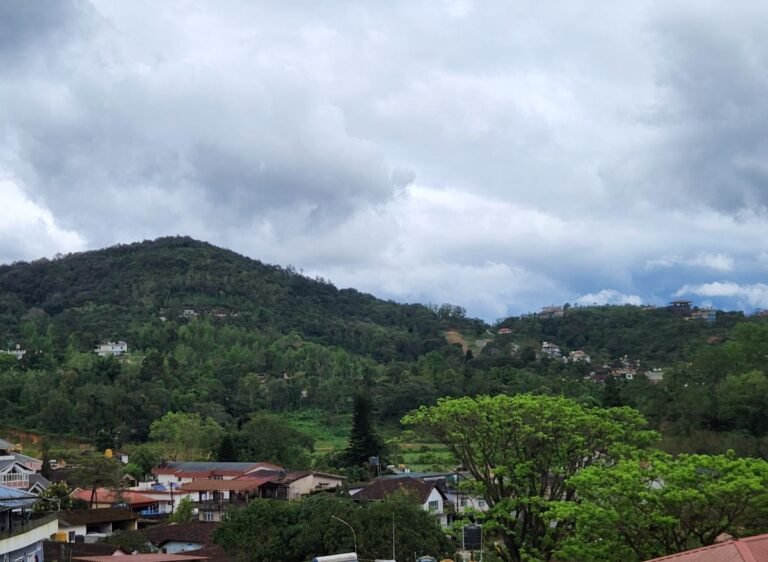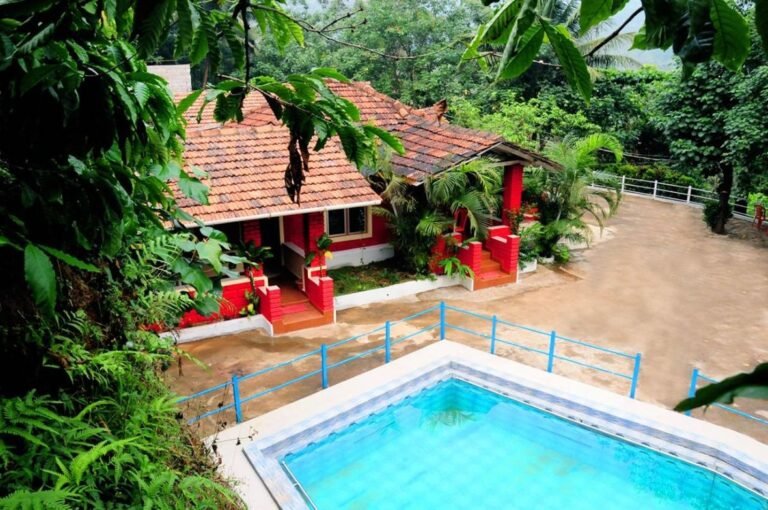Coorg, also known as Kodagu, is often celebrated as the coffee capital of India. Nestled in the lush hills of Karnataka, this scenic district is famous for its sprawling coffee estates, cool climate, and the rich aroma that lingers in the misty air. But how did coffee find its way to this part of the world? The answer lies in a daring act of smuggling, a saint’s journey across continents, and centuries of cultivation. This is the incredible story of how coffee came to Coorg, and how it became an inseparable part of its identity.
The Origins: Coffee in Yemen
Coffee is believed to have been first discovered in the 9th century in Ethiopia, but it was in Yemen where it began to be cultivated commercially and gained popularity as a brewed drink. By the 15th century, Yemeni traders had turned coffee into a valuable and tightly controlled commodity. The Yemeni port of Mocha became world-famous, and coffee exports were strictly monitored. In fact, exporting raw coffee beans or viable seeds was strictly prohibited. The Arab traders boiled the beans to prevent sprouting, ensuring that coffee cultivation stayed within their control.
Enter Baba Budan: The Sufi Saint Who Changed History
In the 17th century, Baba Budan, a revered Sufi saint from Karnataka, undertook a pilgrimage to Mecca. During his journey, he passed through Yemen and was introduced to the intoxicating drink made from roasted coffee beans. Recognizing the potential of this beverage, he decided to bring coffee back to India. But with strict bans on exporting coffee seeds, Baba Budan had to get creative.
Legend has it that Baba Budan smuggled seven coffee beans, hidden in his robe or tied around his waist, and brought them back to India. These weren’t just any beans—they were raw, unboiled seeds capable of germination. His courageous act laid the foundation for what would become a thriving coffee culture in southern India.
Coffee Finds a Home in Chikmagalur—and Then Coorg
Upon returning from his pilgrimage, Baba Budan planted the seeds in the Chikmagalur hills of Karnataka, not far from Coorg. The climate and soil of the region were perfect for coffee cultivation. Over time, the British colonialists recognized the potential of the Western Ghats for coffee farming and expanded cultivation into the Coorg region in the 19th century.
With its elevated terrain, rich red soil, and ample rainfall, Coorg became the ideal region for growing shade-grown Arabica and later, robust Robusta coffee. By the late 1800s, Coorg had firmly established itself as a leading coffee-producing region in India.
The Rise of Coffee Estates in Coorg
During the British Raj, several European settlers set up sprawling coffee estates across Coorg. The district’s economy began to revolve around this prized crop. Today, Coorg boasts over 250,000 hectares of coffee plantations, contributing significantly to India’s coffee exports.
The cultivation techniques in Coorg are also unique. Farmers here grow coffee under the shade of tall silver oaks and jackfruit trees, often intercropping with pepper, cardamom, and orange trees, which not only enhances biodiversity but also imparts a unique flavor to Coorg coffee.
Coorg Coffee Today: A Global Delight
Today, Coorg coffee is celebrated across the globe. With GI (Geographical Indication) status, it is recognized for its distinctive taste, aroma, and quality. Tourists visiting Coorg can enjoy coffee estate tours, tastings, and even stay in homestays nestled within plantations.
Thanks to Baba Budan’s daring act, what began as a smuggled seed has transformed into a rich legacy that fuels the lives, culture, and economy of Coorg. Whether you’re sipping a hot cup of filter coffee at a roadside stall or touring a family-run estate, you’re tasting a piece of history—one that spans continents, faith, and centuries.
Final Sip
The story of coffee in Coorg is more than just agricultural history—it’s a tale of adventure, devotion, and transformation. From Yemeni ports to the misty hills of Coorg, coffee’s journey is as rich and flavorful as the brew itself.
Next time you sip on a cup of authentic Coorg coffee, remember: it all began with seven smuggled seeds and one man’s bold vision.














